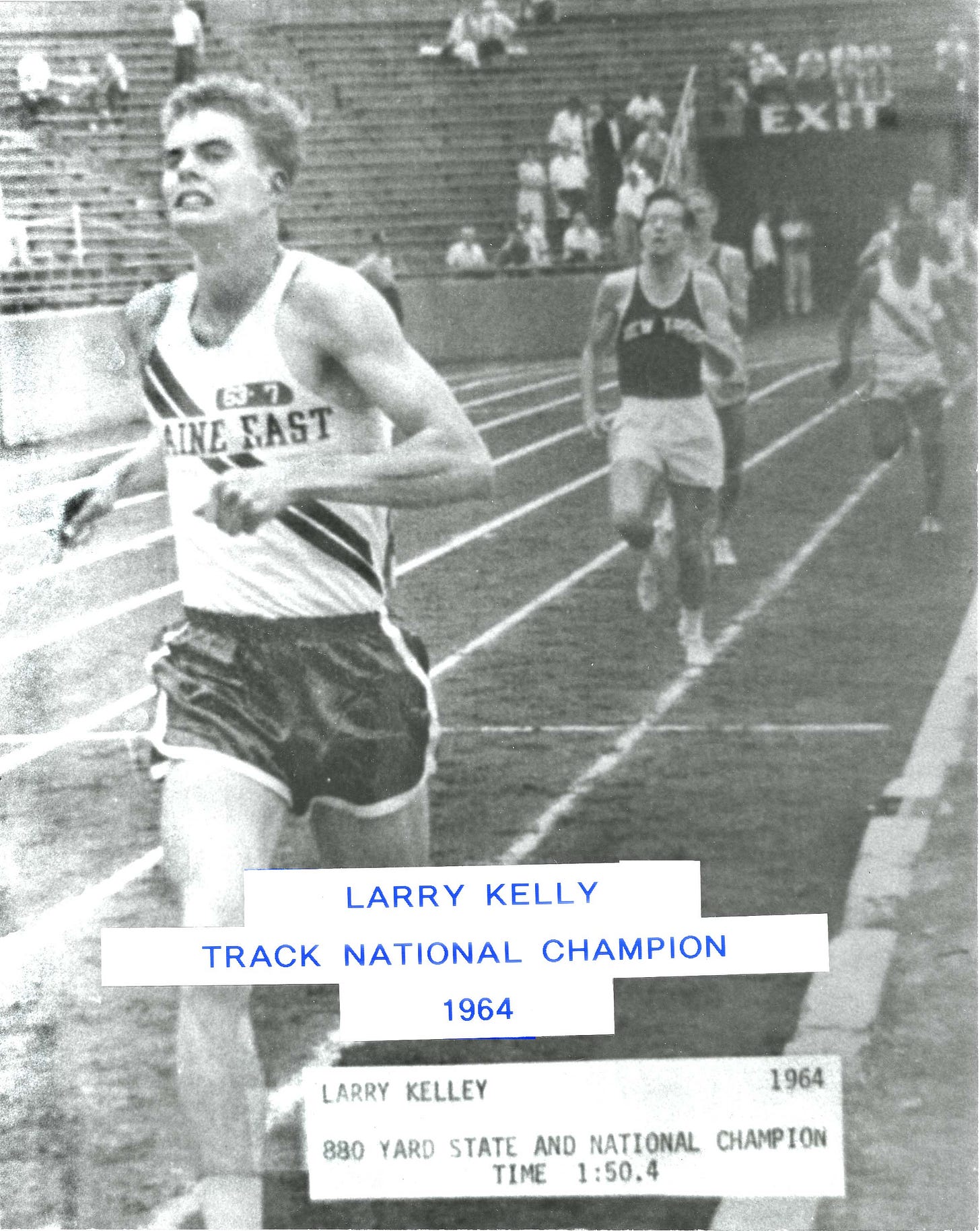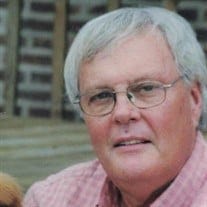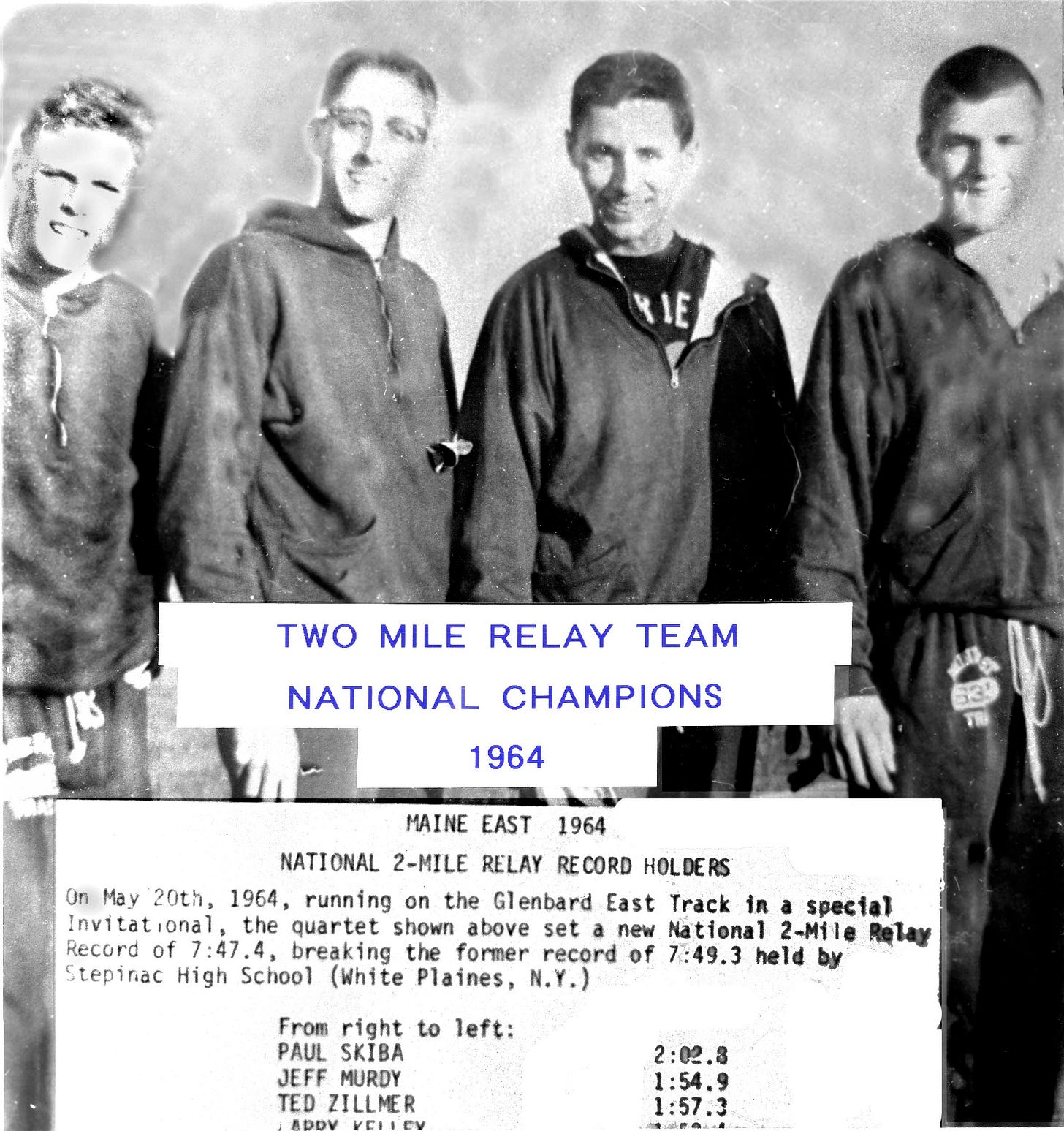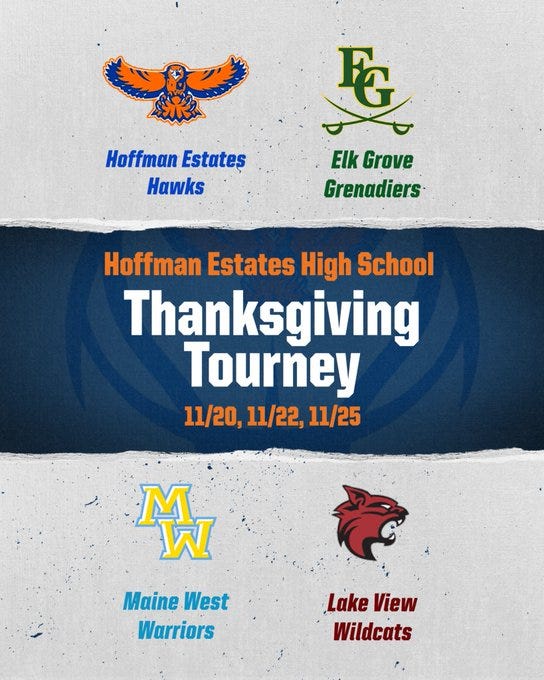Remembrances: Maine East's Larry Kelly Blazed a Trail on National Track Scene
Roosevelt University Moves to NCAA Division II in 2024-25; Hersey's Brett Harris Promoted to Triple-A by A's
The passage of time in athletics typically comes with the belief competitors of today are superior to those of yesteryear because of better training, techniques and tools.
So one could imagine how Maine East’s Larry Kelly would continue to win his races against time with the benefit of more modern methods in sleek new shoes on fabulous fast track surfaces. Especially since Kelly’s national-record time in the 880-yard run from the 1964 state meet once again would have been good enough to win the event (800 meters since 1980) in any of the three classes this year.
The late Pete Reiff, a great coach at Hoffman Estates and runner for Joe Newton at York, said one of the great parts of coaching track and field is the stopwatch and tape measure provides a clear picture of who are the best athletes. There is no subjectivity of not getting enough shots, carries or at-bats.
The stopwatch doesn’t lie for Larry Kelly, who passed away on March 30 at age 75. The 1:50.4 he ran to obliterate the 880 state record by nearly five seconds in Champaign as a junior at Maine East converts to 1:49.76 for the 800 according to the MileSplit Conversion Calculator. That time would have gotten Kelly to the finish line first in every state meet except for four. Three of those were in the 1970s when it was still the 880.
That’s legendary stuff.
Kelly had an interesting prep career that finished at Maine South before going on to become one of the best runners in University of Tennessee history. In his post state-meet column in 1964, the Herald’s Bob Frisk, who loved the sport since he was a trackman at Arlington, wrote that Kelly started running because he “wanted something to do in the winter” after getting cut from the basketball team as a freshman at Maine East.
A 2:31 in his first try at the 880 was hardly the stuff of which legends are made. But Frisk detailed Kelly’s determination to succeed as he would get up at 6 a.m. daily to run three miles before school (which had an ironic twist during his college career). His father George was a prep standout in the 440 and would follow Larry in a car when he ran the three miles on Saturday.
“He didn’t want to get stale over the weekend,” George Kelly told Frisk. “I told Larry early in his track career that if he was going to be good he’d have to work on his own after the other boys were through.”
Rapid improvements were also stalled by disappointments. Kelly dropped 20 seconds off his 880 time as a freshman but a hip injury prevented him from competing outdoors. He ran a 1:58.1 at the conference meet as a sophomore but a fall with the lead 150 yards from the finish in the district meet kept him from getting to state.
But everything fell into place his junior year. Kelly anchored three winning relays as Maine East won the Class A title of the prestigious Palatine Relays. He ran a 1:53.2 and set a national 600 record of 1:13 indoors and ran a 1:54.5 outdoors.

One of his biggest challengers on the cinder track at the University of Illinois’ Memorial Stadium was defending champion John Laidlaw of New Trier, whose 1:55.0 matched the state record set in 1962 by Barney Peterson of Proviso West. Frisk wrote that Kelly “impatiently broke out of the mob to rush to the front as the field neared the 440 mark and churned out the record pace on his own” as he blasted out the first half in 54 seconds.
Kelly was the Illinois track equivalent of Secretariat as he won by 20 yards.
“I guess you don’t mind running second to a time like that,” Laidlaw told Frisk after he took second in 1:51.9 and was one of six runners to crack the record 1:55 he ran a year earlier.
Kelly’s 1:50.4 broke the national mark of 1:50.9 by Dennis Carr of Whittier, Calif., in 1963. Carr had also run a 1:49.2, but it was in a postseason invitational that included college runners so it wasn’t recognized as a prep record. Observers believed Kelly might have made a run at that time if he had didn’t have such a commanding lead and an 8 mph headwind.
“I felt real good at the finish and could have held off anyone who wanted to challenge me in the stretch,” Kelly told Frisk in his state meet story. “I planned to make my move at the end of the first lap so I could catch the wind down the straightaway and get the lead.”
There were still conference and other meets held after the state meet in those days. So, three days following his record run, Kelly ran a 1:52.4 anchor leg as Maine East’s two-mile relay with Paul Skiba, Jeff Murdy and Ted Zillmer set a national record in an invitational at Glenbard East.
“Now, everybody’s waiting for 1965 and another look at this fabulous flyer,” Frisk concluded his Kelly column.
Unfortunately, year-long leg injuries kept Kelly from another run at history at just-opened Maine South as a senior. His national record lasted just a year as Dick Joyce of Sierra, Calif., ran a 1:48.8.
But Kelly’s state record held up for 12 years until 1976 when Forest View’s Steve Schellenberger won his second consecutive 880 title in 1:49.92 (converted to 1:49.28 for 800 meters).
“I stared at that time on my bedroom bulletin board for three years,” Schellenberger said in a Facebook post this week about the news of Kelly’s passing.
One year later Dave Ayoub of Peoria High broke the record with a 1:48.86 (converted 1:48.23). Future Olympian Jim Spivey of Fenton ran 1:50.28 (converted 1:49.64) in 1978. The only 800 state time faster than Kelly’s converted time is Jason Van Swol of Lincoln-Way with a 1:49.71 in 1998.
Kelly had close to 50 colleges recruiting him, according to a story by KnoxTNToday.com’s Marvin West on April 8, but chose Southeastern Conference powerhouse Tennessee and coach Chuck Rohe. Kelly was a three-time All-American in the 880 and mile relay and won five SEC titles.
Kelly also had to run cross country for training and one of his teammates was Bob Barber, who took second in the 1963 state meet at Niles West. Kelly apparently had no problem putting in the work for track but Barber told West it was a bit different when it came to Rohe’s morning runs for cross country.
“Larry would come out early and park his car a short distance from Gibbs Hall, the athletic dorm, starting place for runners,” West wrote. “He would join the team for the start of the seven-mile adventures, run a few strides at the back of the pack, jog back to his car and get another hour of sleep. The clamor of the squad racing to breakfast always woke him in time for the finish and food. Teammates thought it was wisdom personified.”
But the 1966 cross country team was in danger of losing its SEC title so Barber turned to Kelly for help.
“A week before the meet I begged Larry to run, stressing the importance of our fifth man in the scoring,” Barber said to West. “I told him I didn’t want to be the first Rohe captain to lose an SEC meet. All week I reinforced his importance as our fifth man.”
West wrote that Barber entered the chute in fourth place and yelled, “Do you see Larry anywhere? He figures to be our fifth scorer.”
Kelly said, “I’m right here, Bobby.”
“I turned around and there he was,” Barber told West. “Talk about ‘having your back,’ it was unbelievable.”
Kelly passed six or seven runners in the last quarter mile, according to West’s story, and Tennessee won the 1966 SEC championship as part of a streak of 21 consecutive SEC event victories in indoor and outdoor track and cross country.
A funeral for Kelly was held on April 11.
Roosevelt Athletics Makes Jump to NCAA D-II
Roosevelt University announced its athletic programs will transition from NAIA (National Association of Intercollegiate Athletics) to NCAA Division II in the 2024-25 school year. The NCAA Division II provisional membership is a minimum three-year transition period.
Roosevelt currently plays football and men’s and women’s soccer at Morris Field in Arlington Heights (the old Forest View High School field), softball at the Ballpark at Rosemont, men’s and women’s hockey at The Edge Ice Arena in Bensenville and baseball at Ozinga Field in Crestwood. Men’s and women’s basketball play at the Chicago Loop campus.
Roosevelt will join the Great Lakes Intercollegiate Athletic Conference (GLIAC), which has 10 schools in Michigan, Indiana and Wisconsin. The school is currently in the Chicagoland Collegiate Athletic Conference (CCAC).
"I'm excited for the opportunity this provides our student-athletes to both experience great competition and take advantage of our amazing academic opportunities," said Vice President of Athletics and Student Success Mike Cassidy in a statement. "The opportunity to be Chicago's only NCAA Division II member is a differentiator in what can be a crowded athletic and higher education marketplace. There are so many opportunities this provides for us, both to raise our awareness as an institution and to provide an even more enhanced experience for our student-athletes."
Roosevelt will retain NAIA and CCAC membership through the end of the 2023-24 season. The football program began play in 2011 as Robert Morris University and the school merged with Roosevelt in 2020.
Hersey’s Harris Promoted to Triple A
Hersey graduate Brett Harris moved one step closer to the big leagues Friday when the Oakland A’s promoted him to Triple-A Las Vegas from Double-A Midland (Texas). Harris went 0-for-3 in his first game with Vegas and was 2-for-4 with a double Saturday in a 13-4 victory over Reno.
Harris had a slash line of .283/.393/.426 at Midland with 16 doubles, 5 homers and 48 RBI. He committed only 5 errors at third base for a .970 fielding percentage.
Harris is trying to become the second player from Hersey to make the big leagues. Mike Myers, who pitched in 883 games with nine teams from 1995-2007, attended Hersey for two years before graduating from Crystal Lake Central.
Hoffman Estates Boys Basketball Thanksgiving Tourney
Hoffman Estates announced it will hold a Thanksgiving Tournament for boys basketball on Nov. 20, 22 and 25. Elk Grove, Maine West and Lake View will be part of the four-team round robin tourney.









Touching tribute to Larry, Marty. Thanks for sharing.